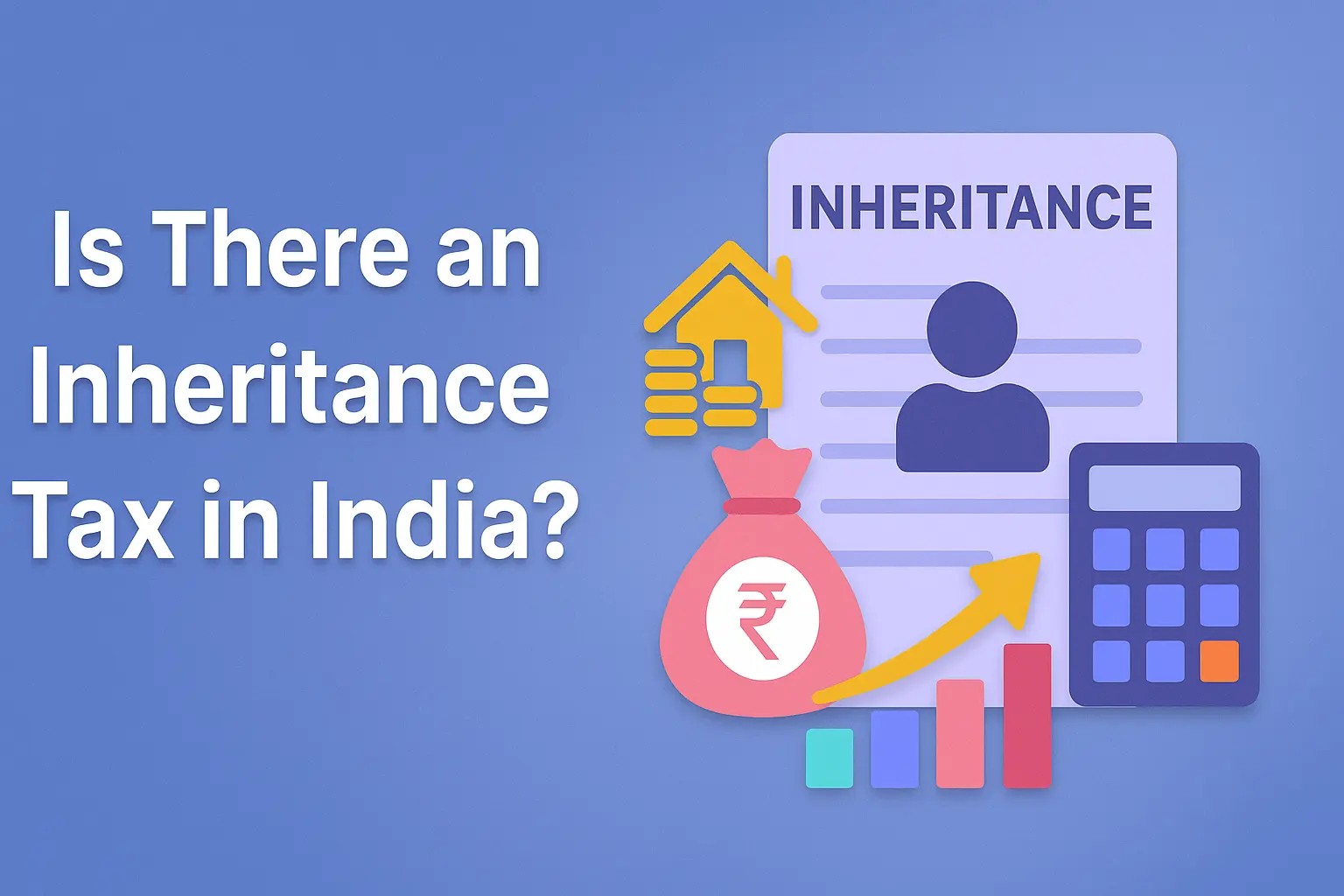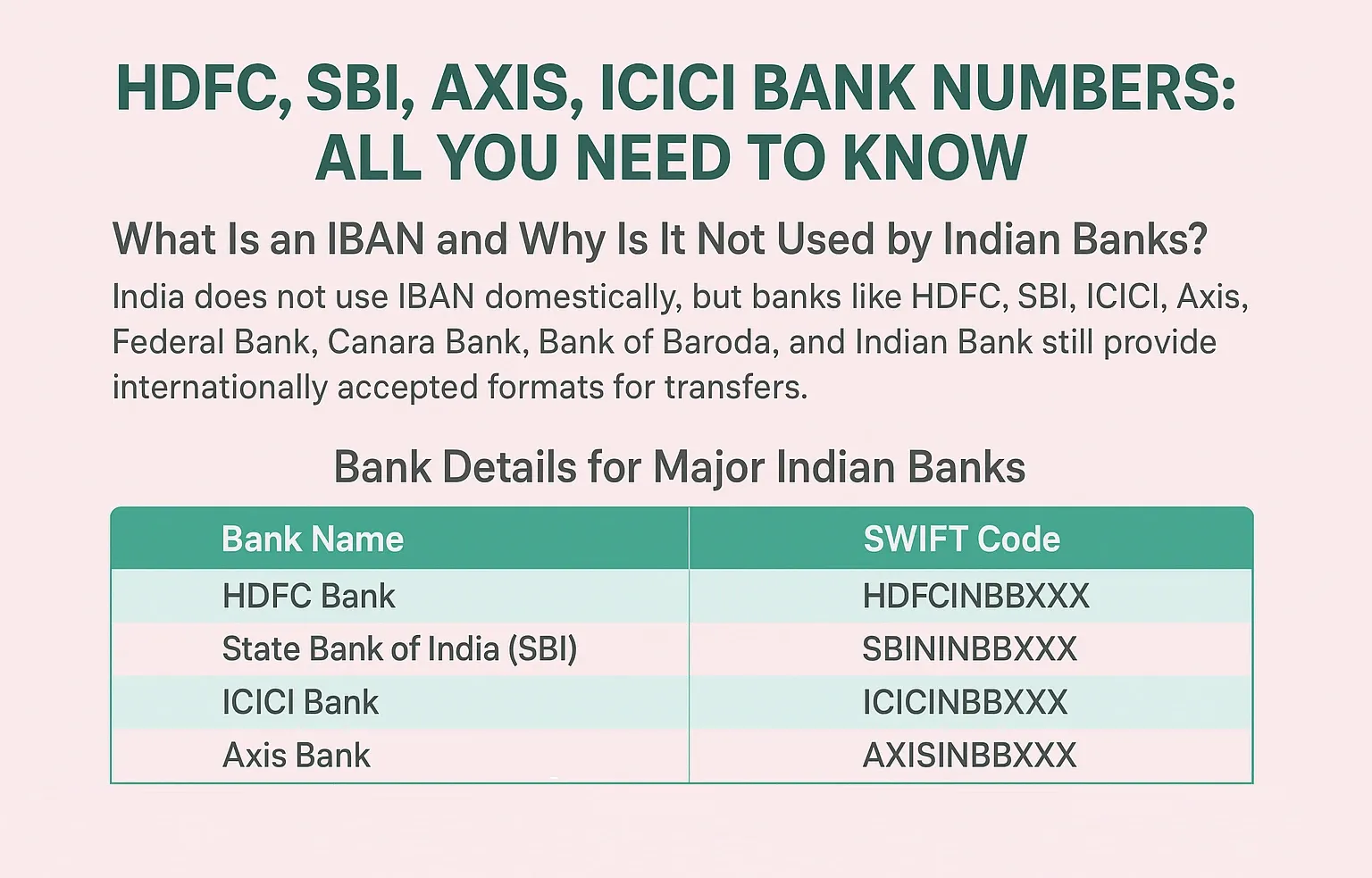Is There an Inheritance Tax in India? Everything You Should Know

Inheritance tax is one of the topics that tends to confuse, and that is particularly true when it comes to those who are building their financial legacy. At EximPe, we believe in providing you with the right information about your money matters to update you on how to make the best decisions in your ownership of your wealth. Here is all that you need to know about Inheritance tax in India in 2025.
What is Inheritance Tax?
Inheritance tax is a tax applicable to those individuals who inherit money, property, or some other assets from a deceased person. Unlike the estate tax, the inheritance tax is to be paid by the beneficiary when getting the assets. The tax rates and rules differ significantly from country to country, and in some cases, inheritance tax is the eye-popping 55%.
Is There an Inheritance Tax in India?
The short answer would be: No, India will have no inheritance tax in 2025. In India, there is no individual or personal tax that you have to pay in cases where you inherit property, money or any other item from a deceased person. This applies to both the residents and the Non-Resident Indians (NRIs). But, it should be mentioned that there is no inheritance tax in India. However, you may still need to pay taxes to receive income from the inherited assets, for example, from income gained from the rental property or interest.
Why Was the Inheritance Tax Abolished in India?
India-inheritance tax, then called estate duty, was introduced in 1953, and it was abolished in 1985. There were a number of reasons for this decision.
- Complexity and Litigation: The law used to have disparate rules involving the valuation of different types of assets, making the calculations complex and the instances of litigation very common.
- Low Revenue: Collections, in spite of the high rate of taxation (up to 85% on estates of over ₹ 20 lakh), were extremely low and did not make a considerable addition to government revenue.
- The majority of the Tax is Paid in Administrative Costs: The cost of administering the tax was greater than its revenue.
- Double Taxation: The presence of the wealth tax and the estate duty was termed as an act of double taxation and raised the feeling of public resentment.
- Evasion and Benami Transactions: Many tried to evade paying the tax by means of benami (proxy) holdings and other evasive means.
It was due to these problems that the government decided to abolish the inheritance tax in India in 1985.
Does India Have an Inheritance Tax Today?
As of now, India does not have an inheritance tax. If you inherit assets, you do not pay tax at the time of inheritance. However, you are liable for:
- Income Tax: On any income generated from the inherited asset (e.g., rent, dividends).
- Capital Gains Tax: If you sell the inherited asset, capital gains tax applies based on the period you held the asset after inheritance.
- Property Tax: If you inherit property, you must pay the regular property tax as the new owner.
Conclusion
In sum, there is no inheritance tax in India nowadays. The concept was abolished in 1985 because of inefficiency and administrative problems. You can inherit assets in India without paying inheritance tax, but be aware of other tax liabilities that arise as a result of income or sale of inherited assets. In case of international assets or intercontinental inheritances, seek advice from a tax specialist to see what your duties are overseas. Keeping you up to date on the newest developments in tax and inheritance planning is one of our key commitments at EximPe.
Keep posted for more ideas to enable you to secure the financial future of your family.
FAQs
1. Is there an inheritance tax in India in 2025?
No, there is no inheritance tax in India as of 2025. The tax was abolished in 1985 and is not applicable to residents or NRIs who inherit assets.
2. Do I have to pay any tax when I inherit property or money in India?
You do not pay any tax at the time of inheritance. However, taxes may apply on income generated from the inherited assets (like rent or interest) and on capital gains if you sell the inherited asset later.
3. Why was the inheritance tax abolished in India?
Inheritance tax (estate duty) was abolished due to its complex rules, high administrative costs, low revenue collection, and widespread tax evasion.
4. What taxes might apply after I inherit assets in India?
You may need to pay:
- Income tax on earnings from inherited assets (e.g., rent, dividends).
- Capital gains tax if you sell inherited assets.
- Property tax as the new owner of inherited real estate.
5. Are there any inheritance tax implications for NRIs inheriting assets in India?
No inheritance tax is levied on NRIs inheriting assets in India. However, they must comply with income tax and capital gains tax rules if they earn income from or sell the inherited assets.




